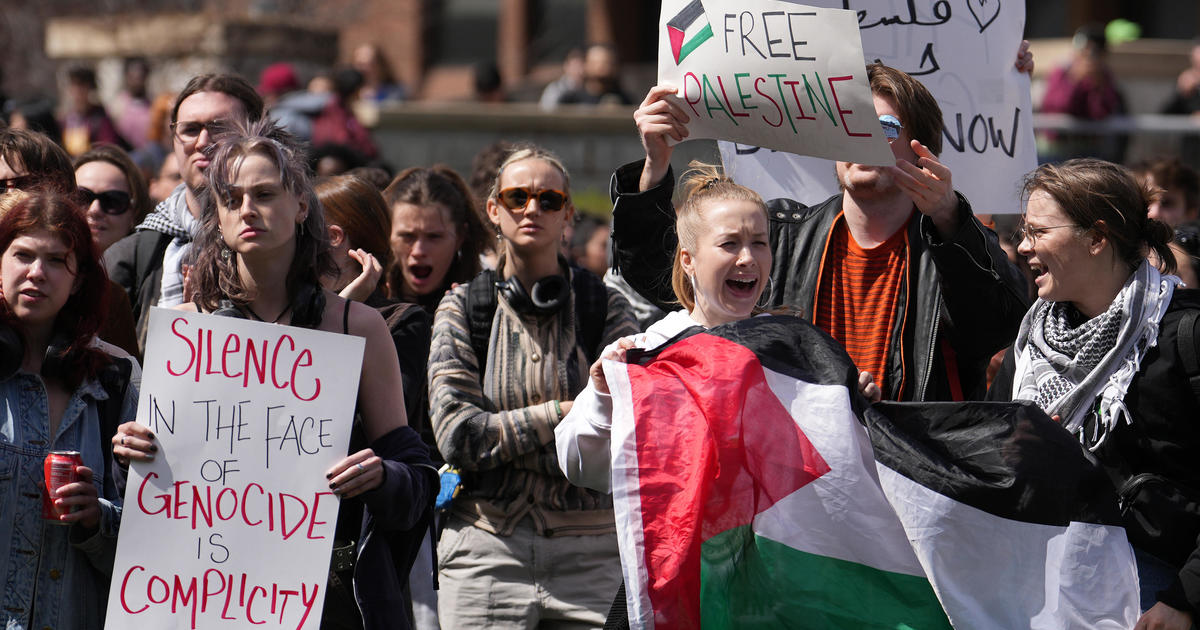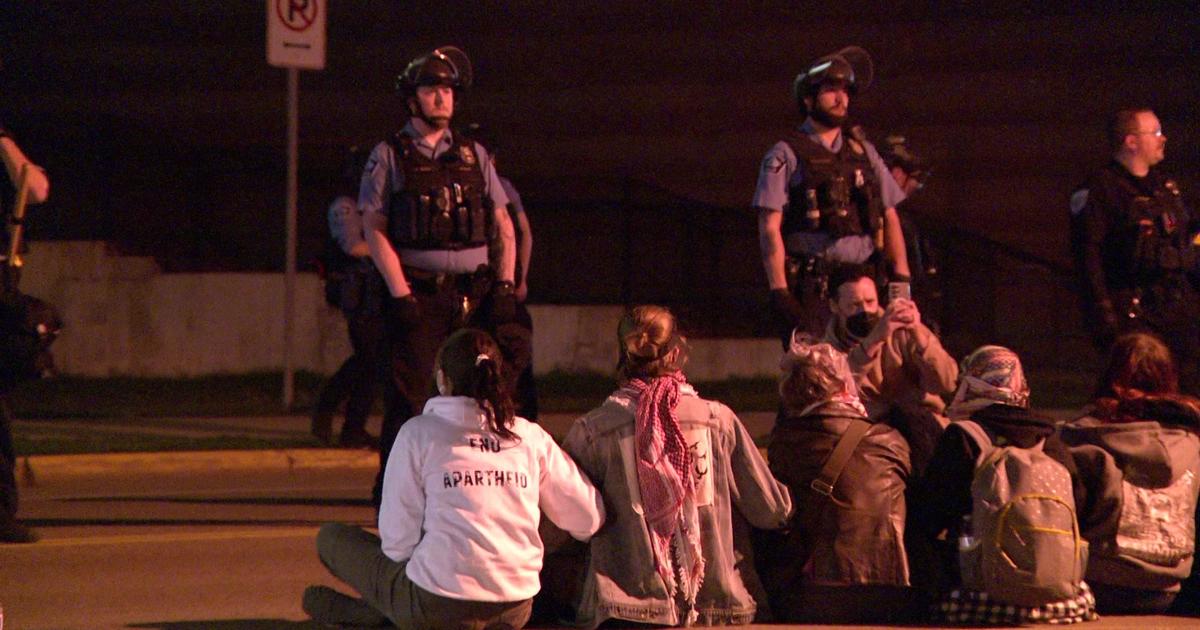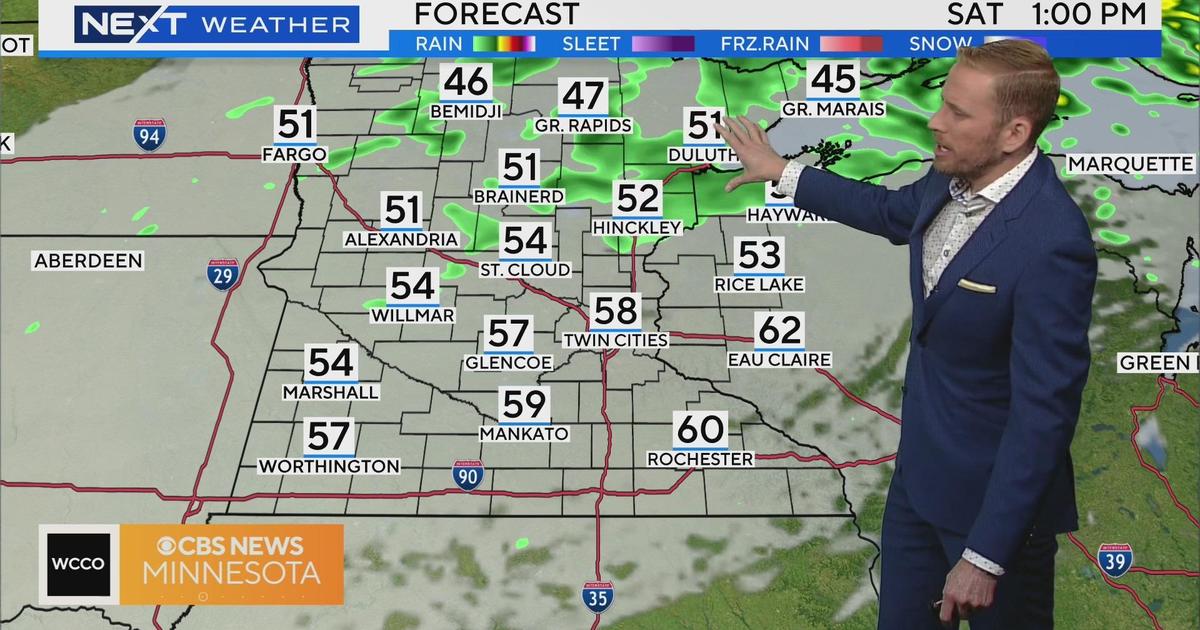Good Question: How Many Nuclear Weapons Still Exist?
MINNEAPOLIS (WCCO) -- The United States dropped an atomic bomb on the Japanese city of Hiroshima 70 years ago Thursday.
Estimates of causalities were anywhere between 90,000 and 160,000 people.
It was the first nuclear weapon ever used, at a time when the United States was the only country with that capability. All of that has changed.
So, how many nuclear weapons still exist?
The Federation of American Scientists says there are almost 16,000 nuclear warheads in the world, which is down from 64,000 in 1986 at the height of the Cold War.
Tom Collina is policy director at Ploughshares Fund, a global security foundation.
"[There has been] historic, tremendous progress done through diplomacy and arms control and bilateral talks, but they've kind of stalled out," Collina said.
Nine countries possess nuclear weapons. Russia and the U.S. hold 95 percent of them. Russia is reported to have 7,500 followed by the U.S. with 7,100.
The U.S. plans to spend $350 billion on modernizing and maintaining its nuclear forces over the next decade.
"We've kind of settled into this bipartisan symmetry with Russia, that we have whatever Russia has and Russia has whatever we have," he said. "So that's the problem right now is President Obama says, 'Let's go lower,' President Putin says, 'No,' and we're just kind of stuck there."
France, China, United Kingdom, Pakistan, India, Israel and North Korea collectively have just over 1,000 nuclear warheads. South Africa destroyed its stockpile in the 1980s.
The U.S. and five other countries reached an agreement about keeping them from Iran just last month.
Today's nuclear bombs are at least 100 times more powerful than Hiroshima. In the U.S., most of the weapons are located on submarines or on long-range ballistic missiles in the Midwest.
The American Federation of Scientists says about 200 U.S. ones are based in Europe. Collina estimates 1,000 of the weapons could go off at a moment's notice.
"Twenty-five years after the Cold War, these weapons are out of the public consciousness, but they are very real and they're still with us," he said. "And they continue to pose dangers."
His three biggest nuclear weapons concerns are accidental launches, the tensions between nuclear powers India and Pakistan and the threat of a terrorist group stealing the weapons.



